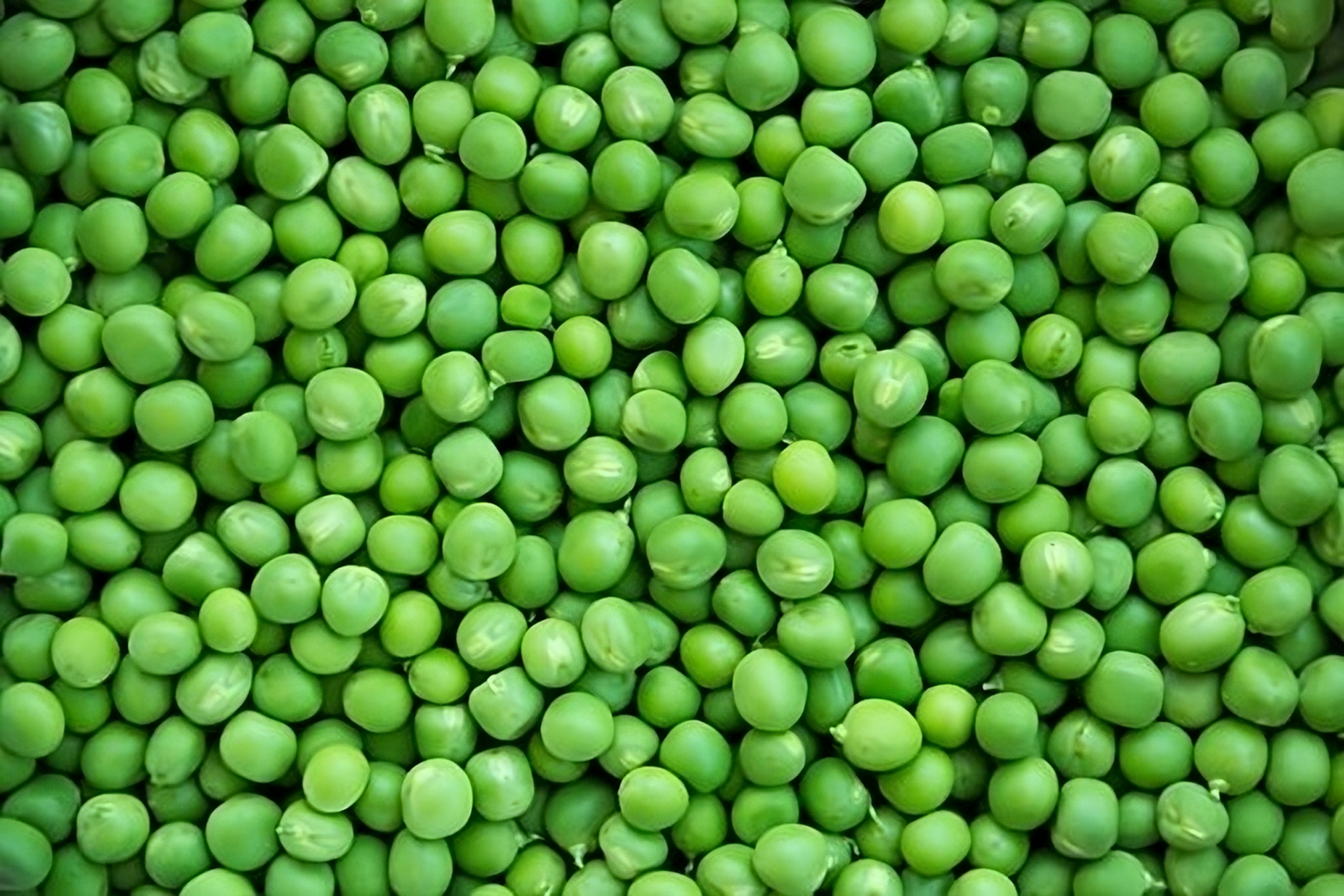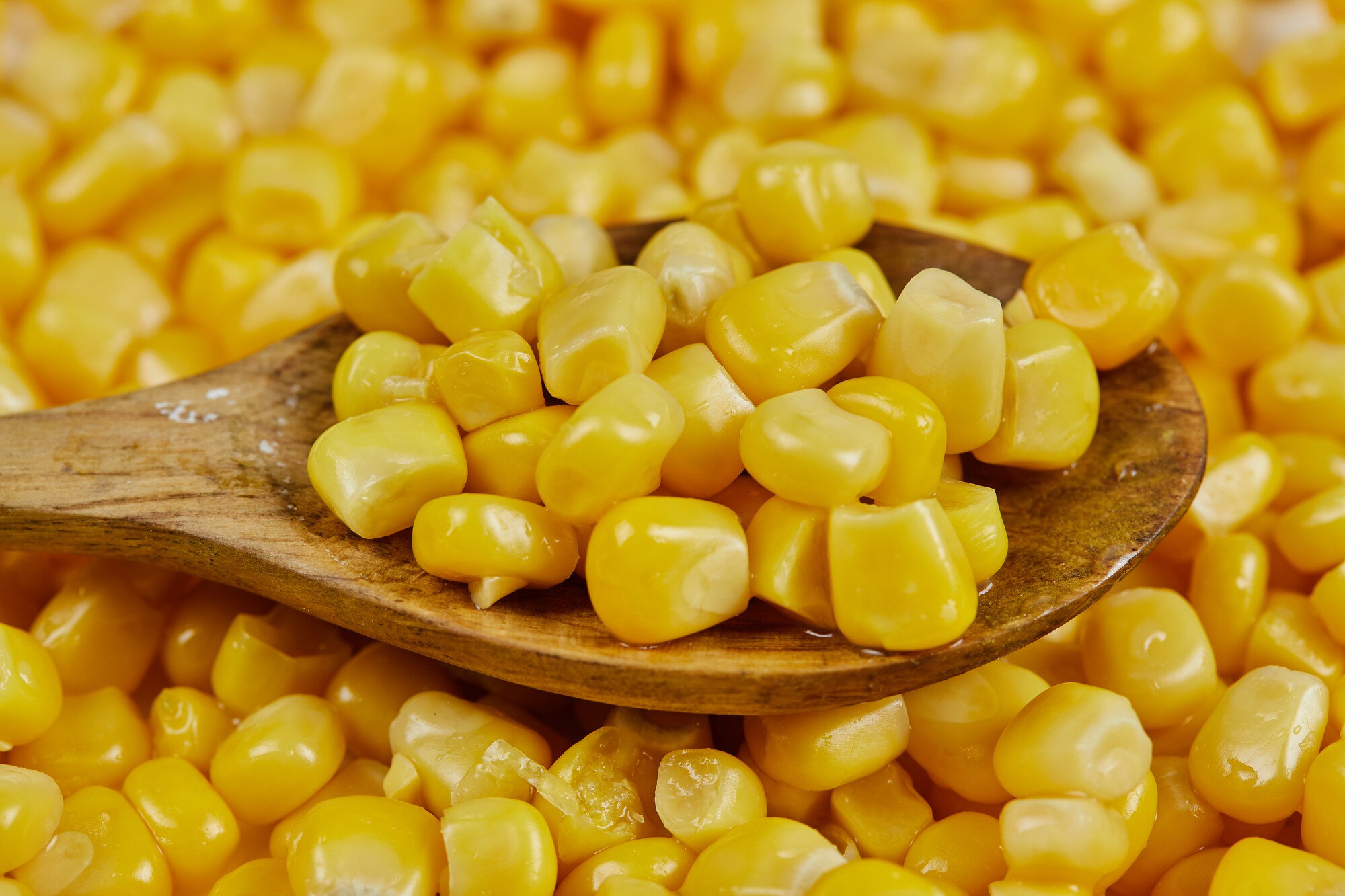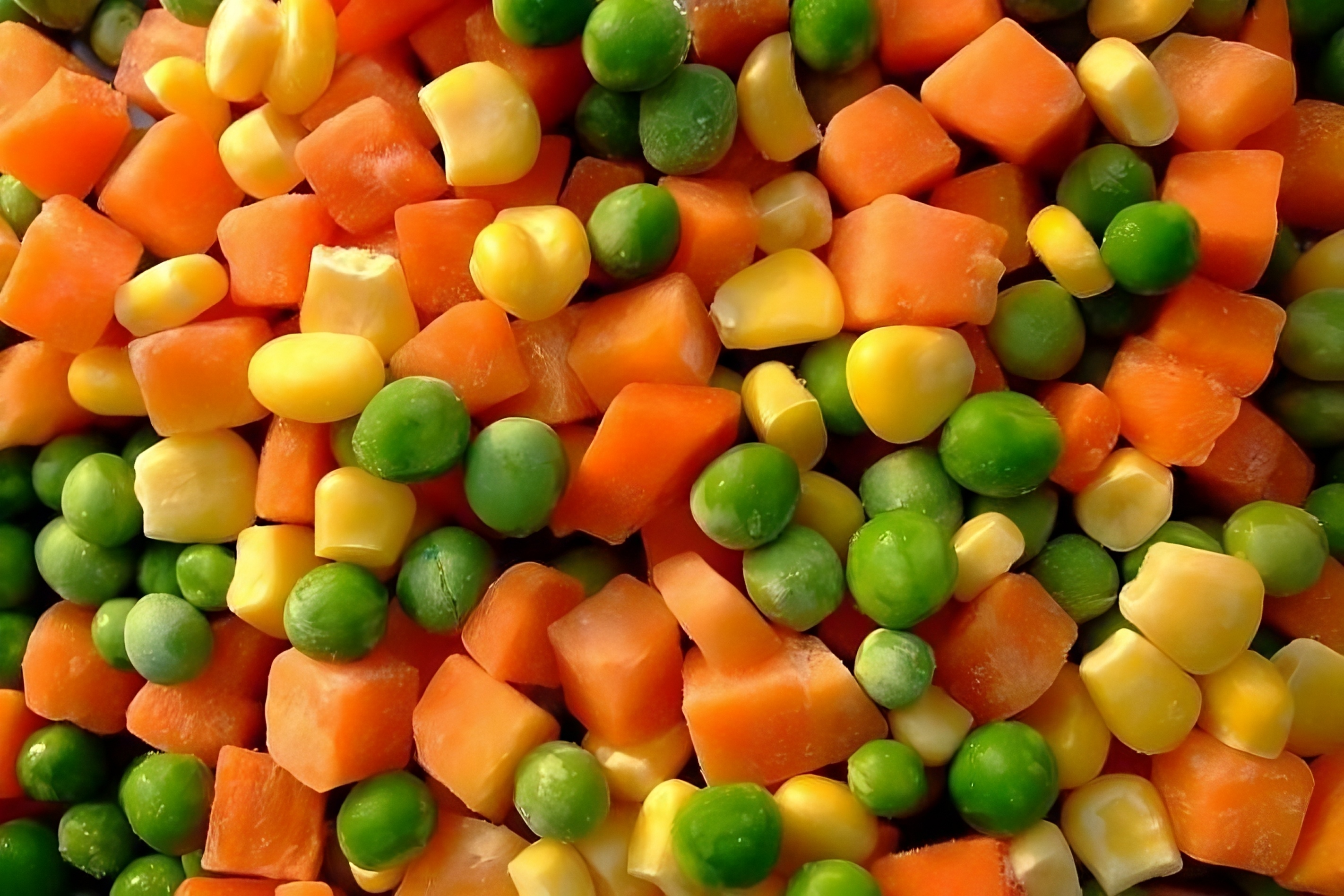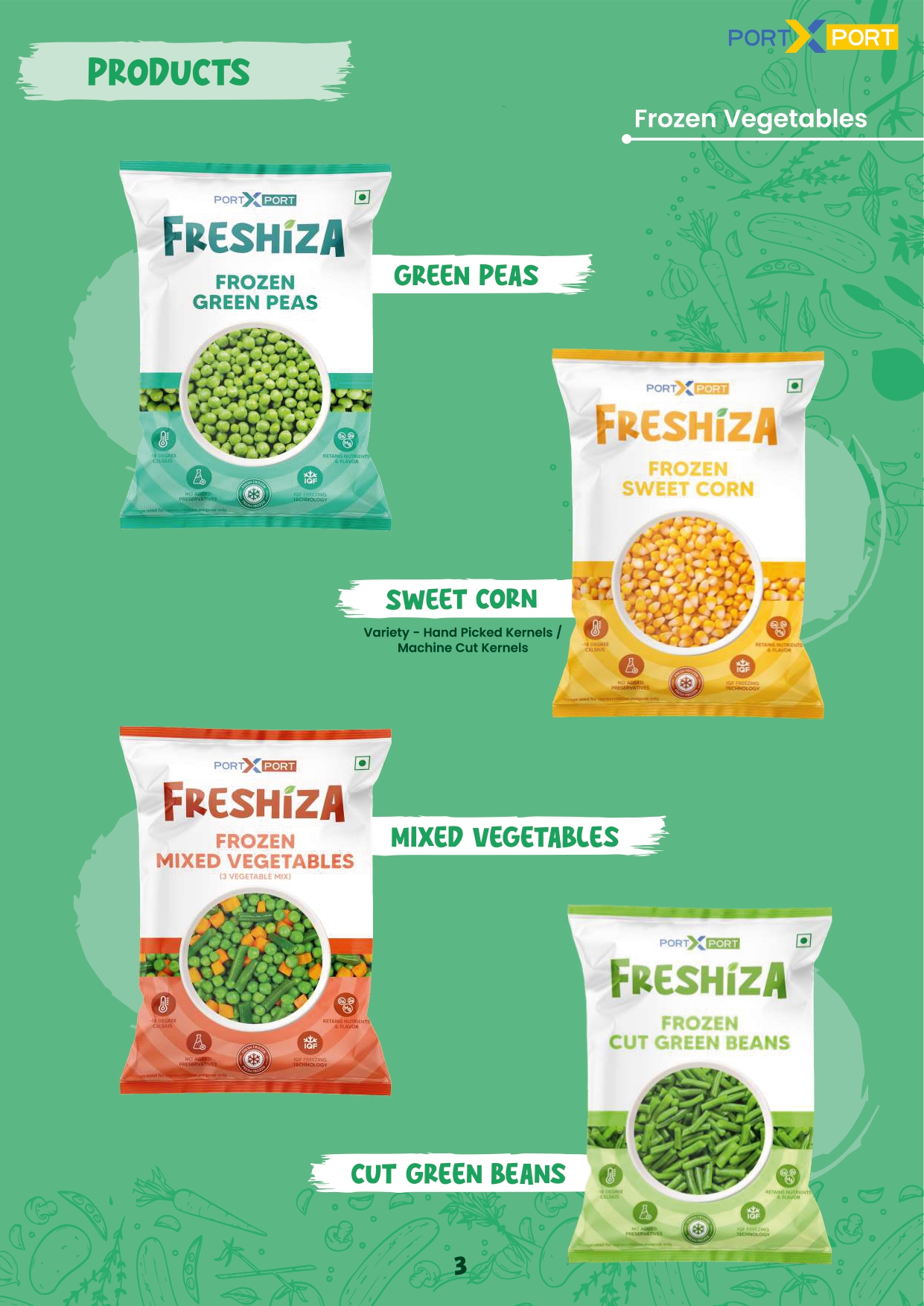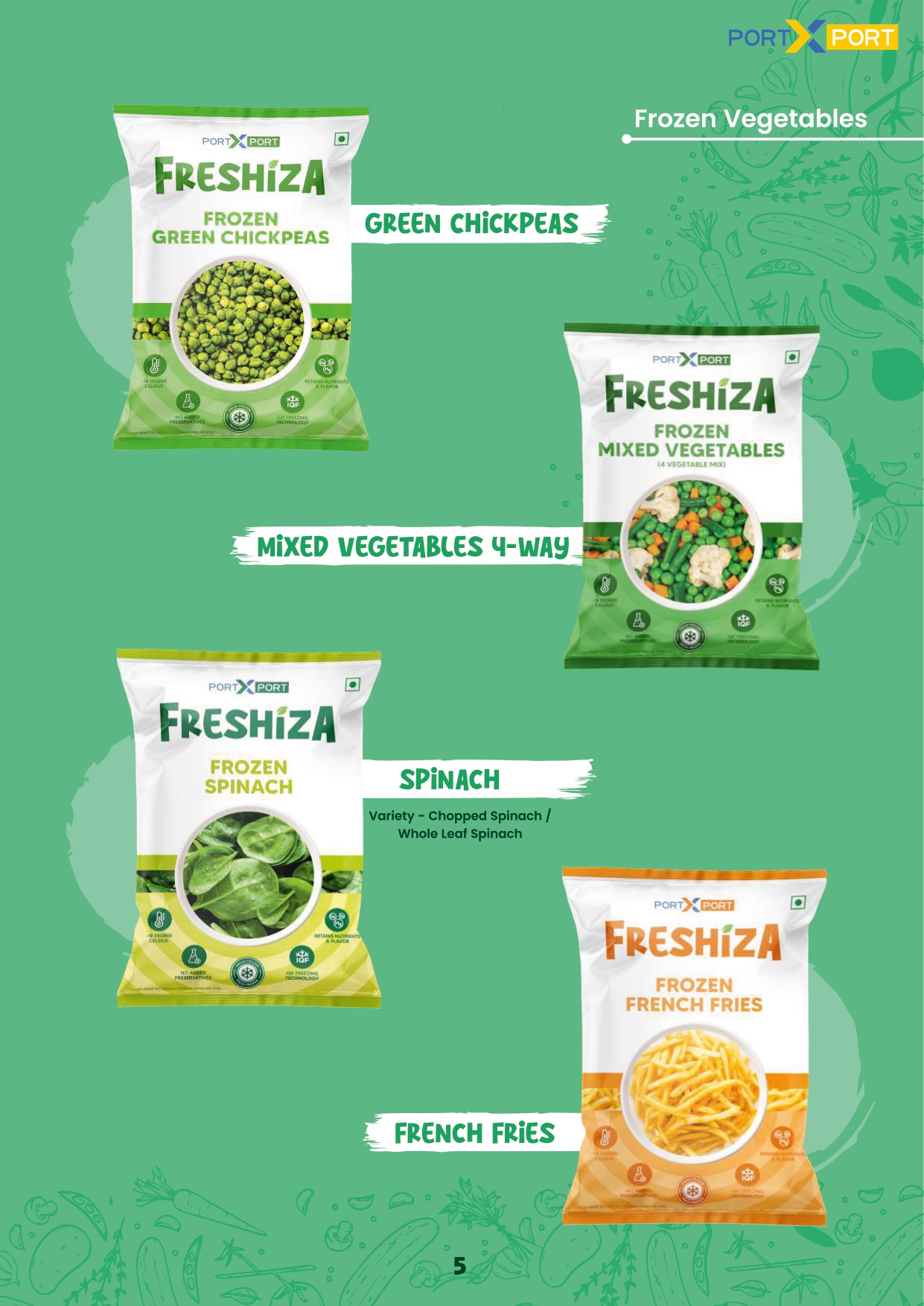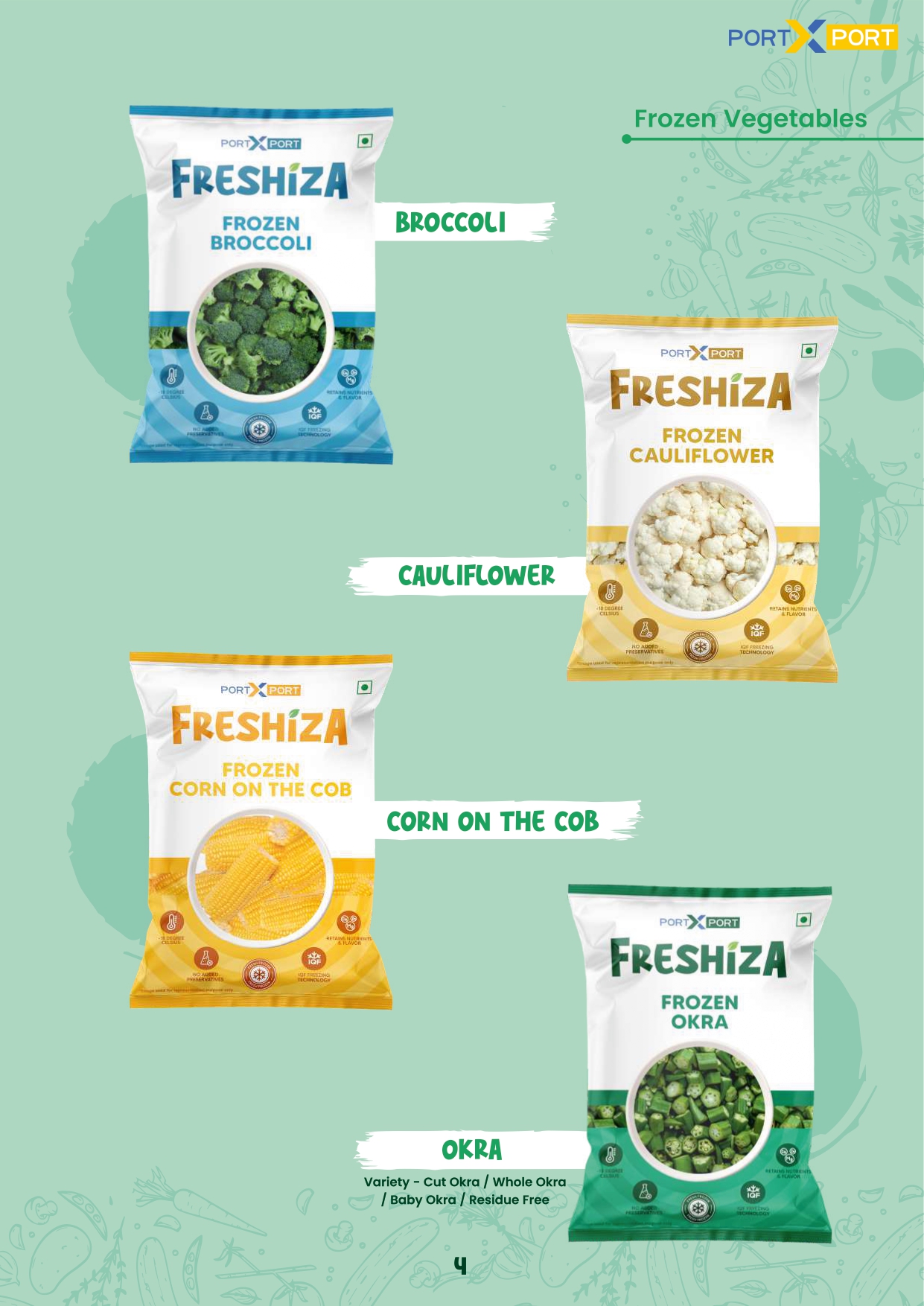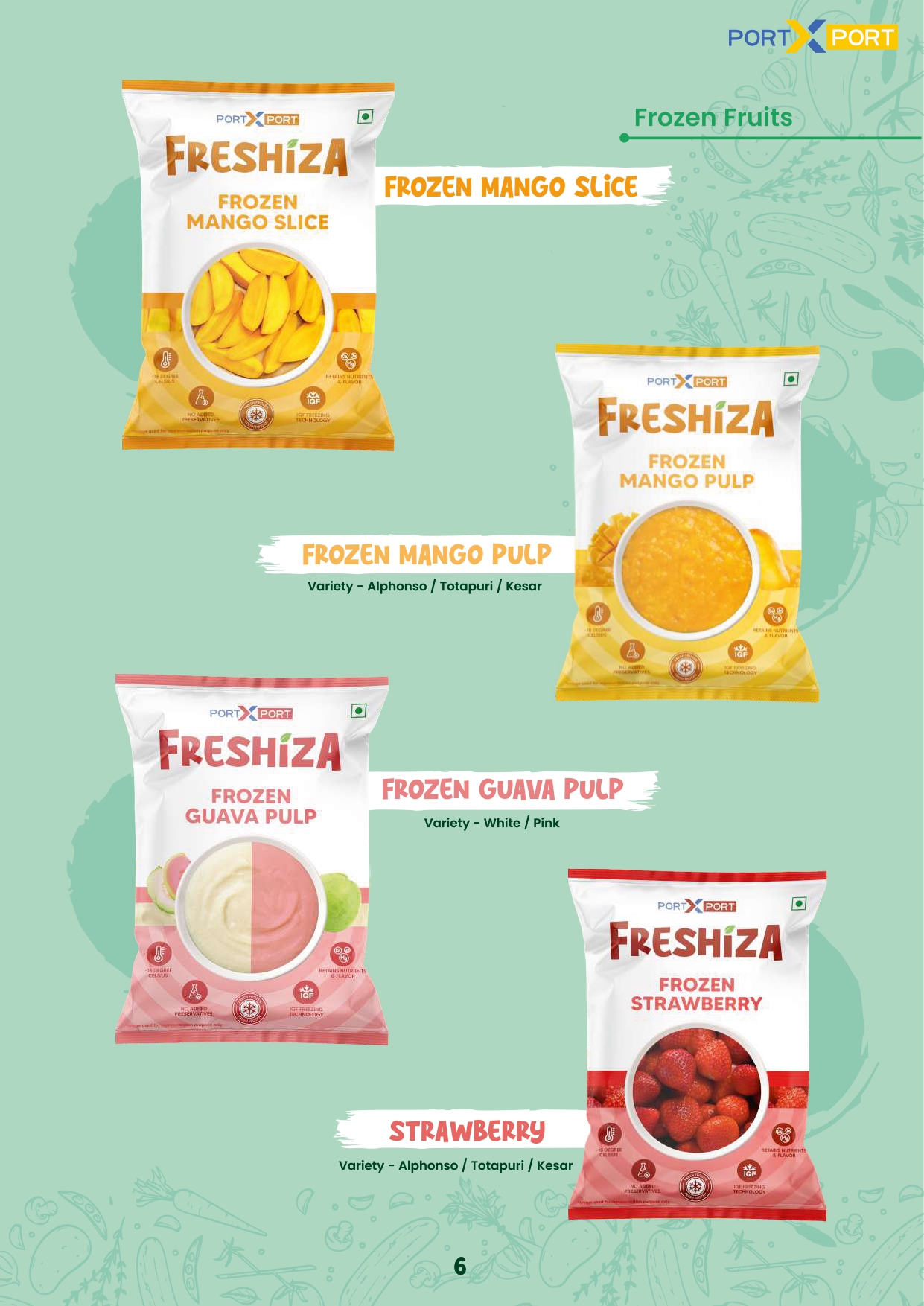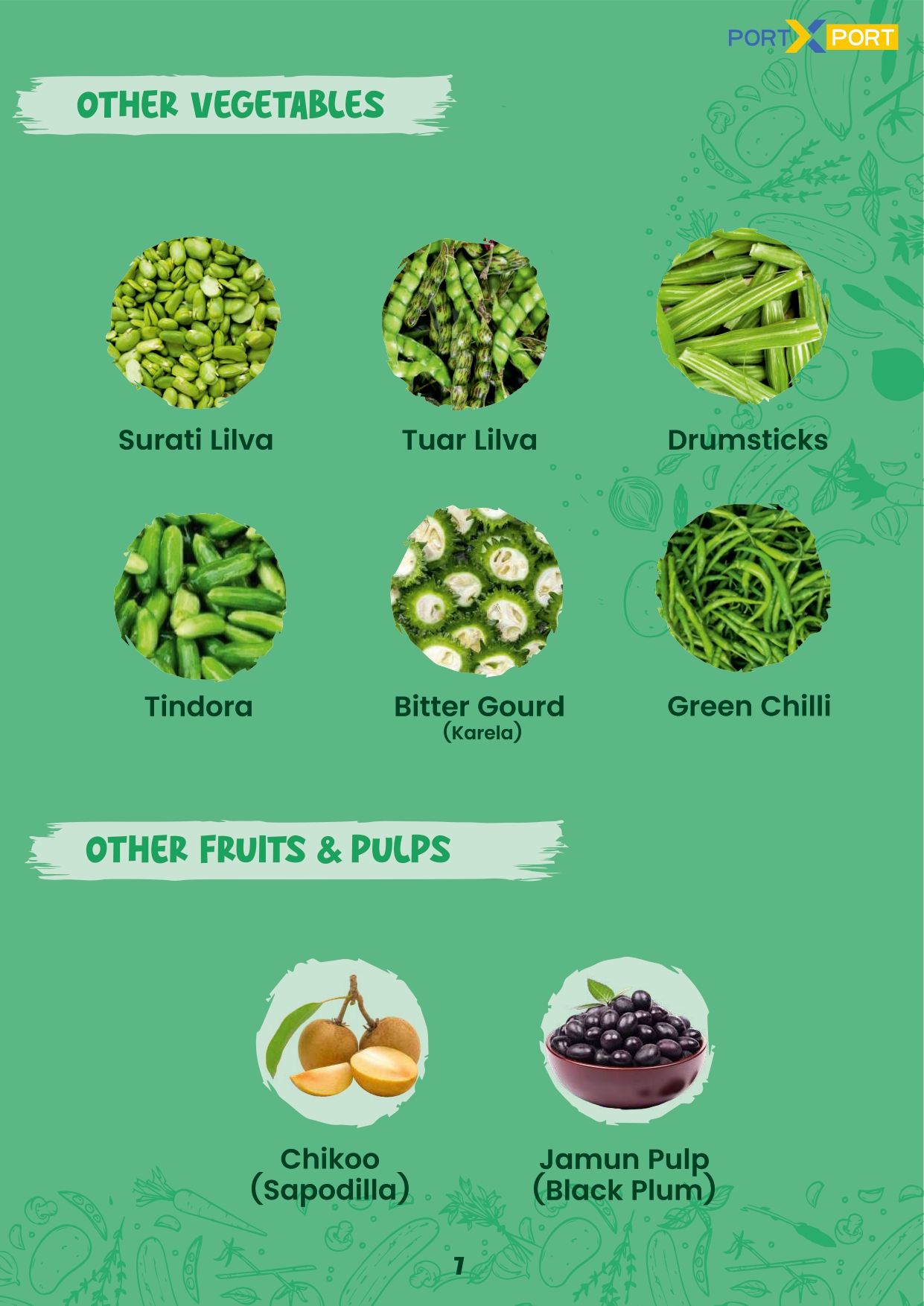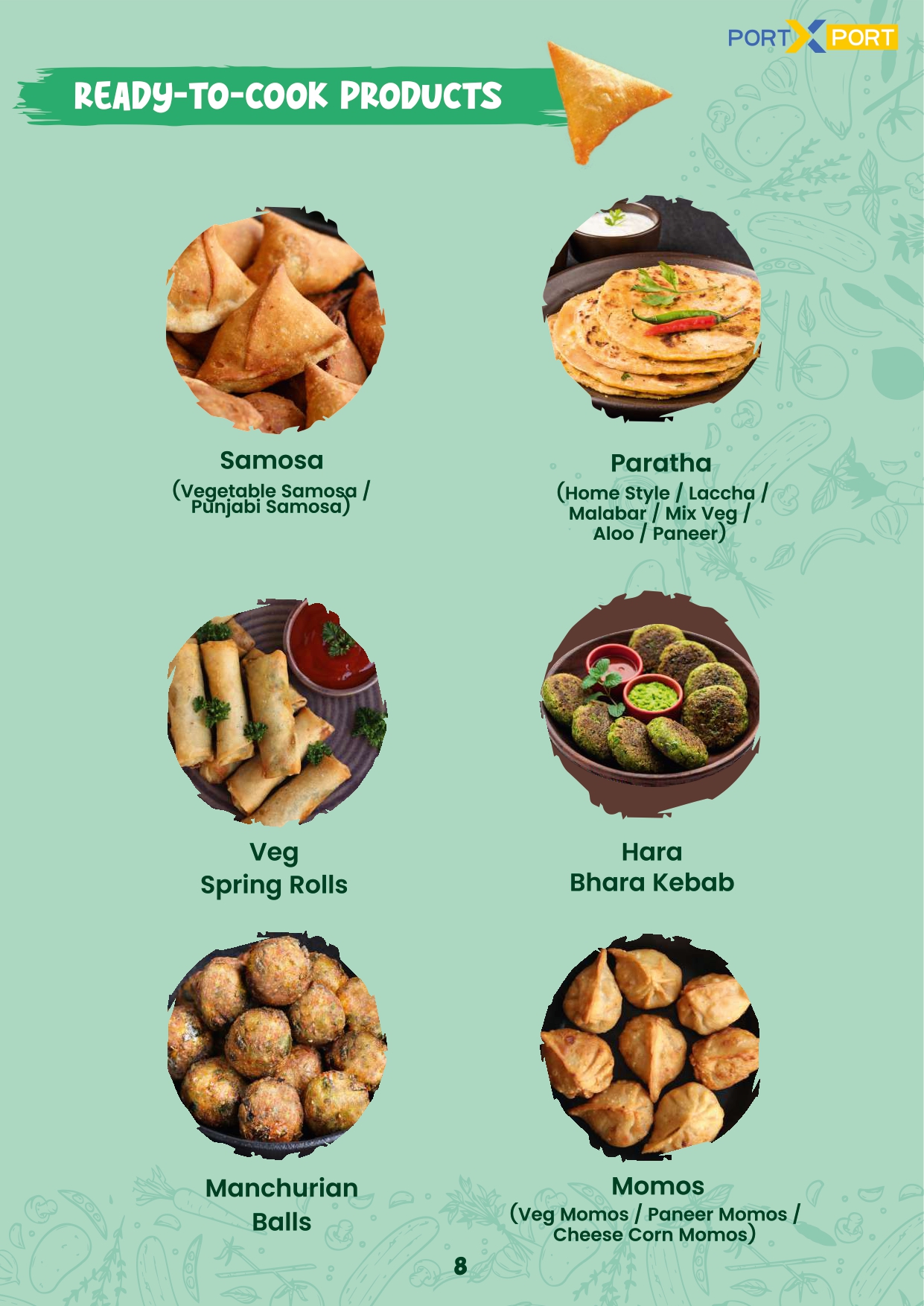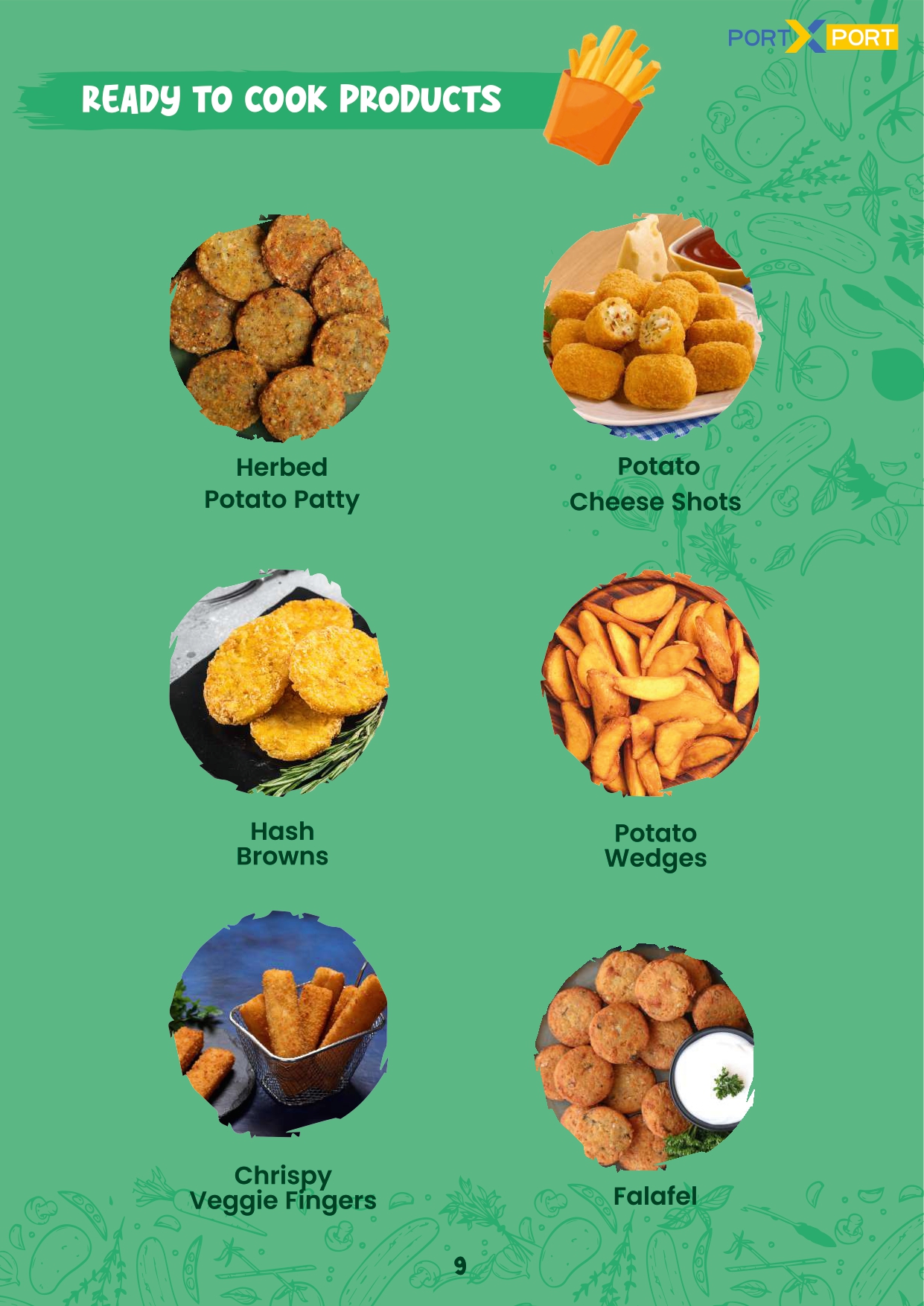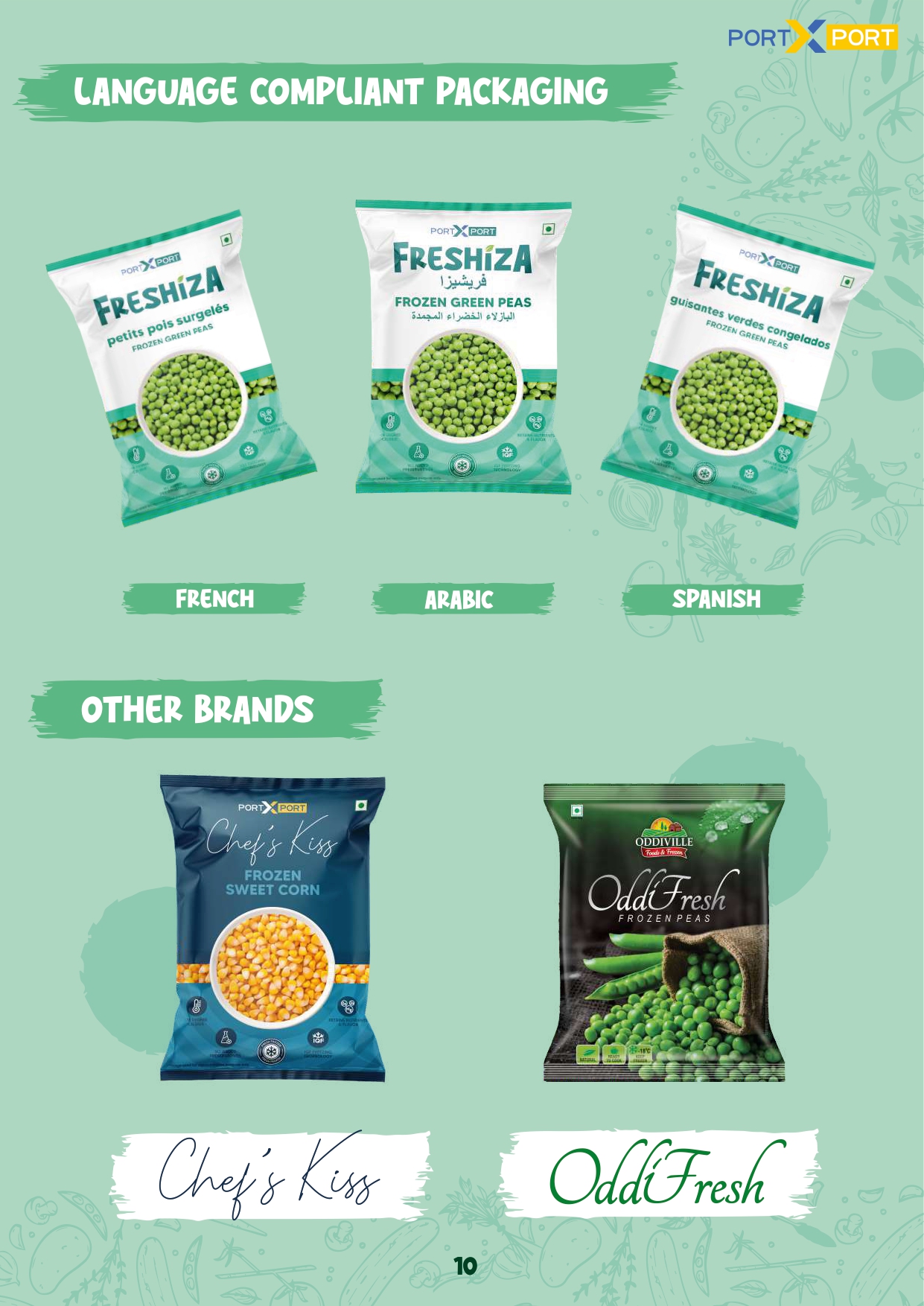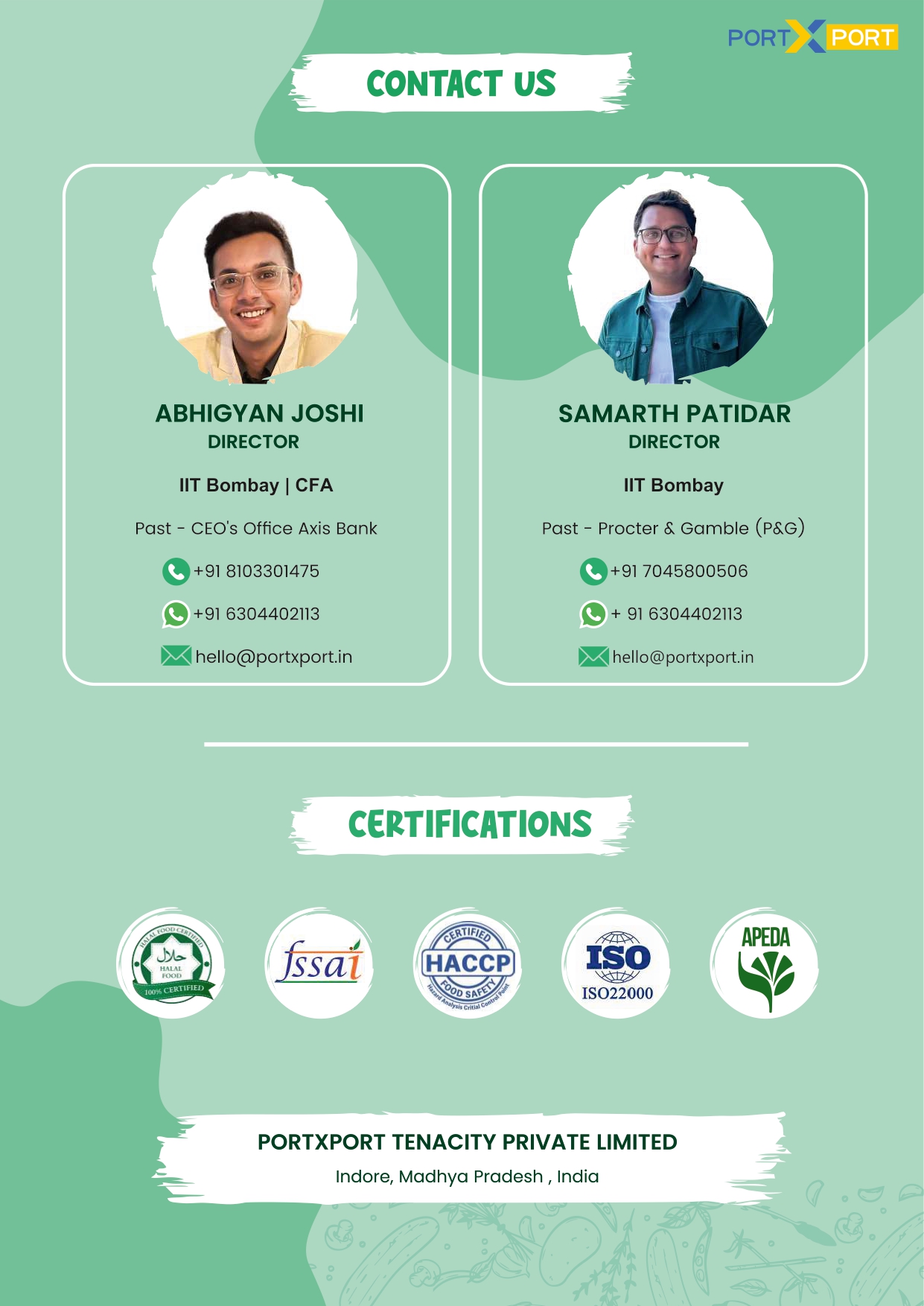Three longtime friends who met while studying at the prestigious Indian Institute of Technology, Bombay were amazed by the immense potential that India has and decided to set upon a mission to make it available to the whole world.
Our team has a shared vision of making cross-border trade more accessible, starting with exporting high-quality frozen food products from India.

Welcome to Portxport
What we do
We export frozen food products from India to international markets, with a focus on providing the best quality products at competitive prices. Our products are sourced from reputable suppliers and delivered to our customers with the highest level of customer service.
As part of our mission to a connected Portxport world, Be it Europe, EMEA, the Americas, or wherever you want, we make sure that the job is done. Moreover, we are always on the lookout for any other products that our customers need apart from frozen food. Please feel free to reach out to us for any other import requirements.
Values and Core Commitment

QUALITY FOCUS
At Portxport, we take our quality extremely seriously.

CUSTOMER CENTRICITY
If the customer is happy, we are happy!

INTEGRITY
At Portxport honesty comes first. No ifs - no buts about integrity.

SUSTAINABILITY
We haven’t inherited the world from our ancestors, we have borrowed it from our future generations. And we can’t afford to take this liability lightly and thus all things and Portxport are climate conscious.

INNOVATION
We are deep believers in technology and innovation and hence strive to be on the cutting edge of it and that reflects in our products.

The Arachis genus, which is native to South America, particularly the regions east of the Andes such as Peru, Bolivia, Argentina, and Brazil, encompasses various wild species of peanuts. The cultivated peanuts we know today (Arachis hypogaea) are believed to have originated from a crossbreeding event between two of these wild species, namely A. duranensis and A. ipaensis. Initially, this hybridization resulted in sterile plants, but their fertility was restored through natural chromosome doubling, leading to the development of what is known as an amphidiploid or allotetraploid plant. A wild peanut variant called A. monticola, found in specific areas of northwestern Argentina or southeastern Bolivia, may have emerged from this crossbreeding process. Over time, through selective breeding, A. hypogaea was domesticated and became the cultivated peanut we rely on today.
Why Choose Us

We prioritize quality, reliability, and customer satisfaction in everything we do.

We offer competitive pricing and exceptional customer service, and we work closely with our customers to ensure that their exact requirements are met.

Our commitment to building long-term relationships with our customers and suppliers sets us apart from other exporters.



